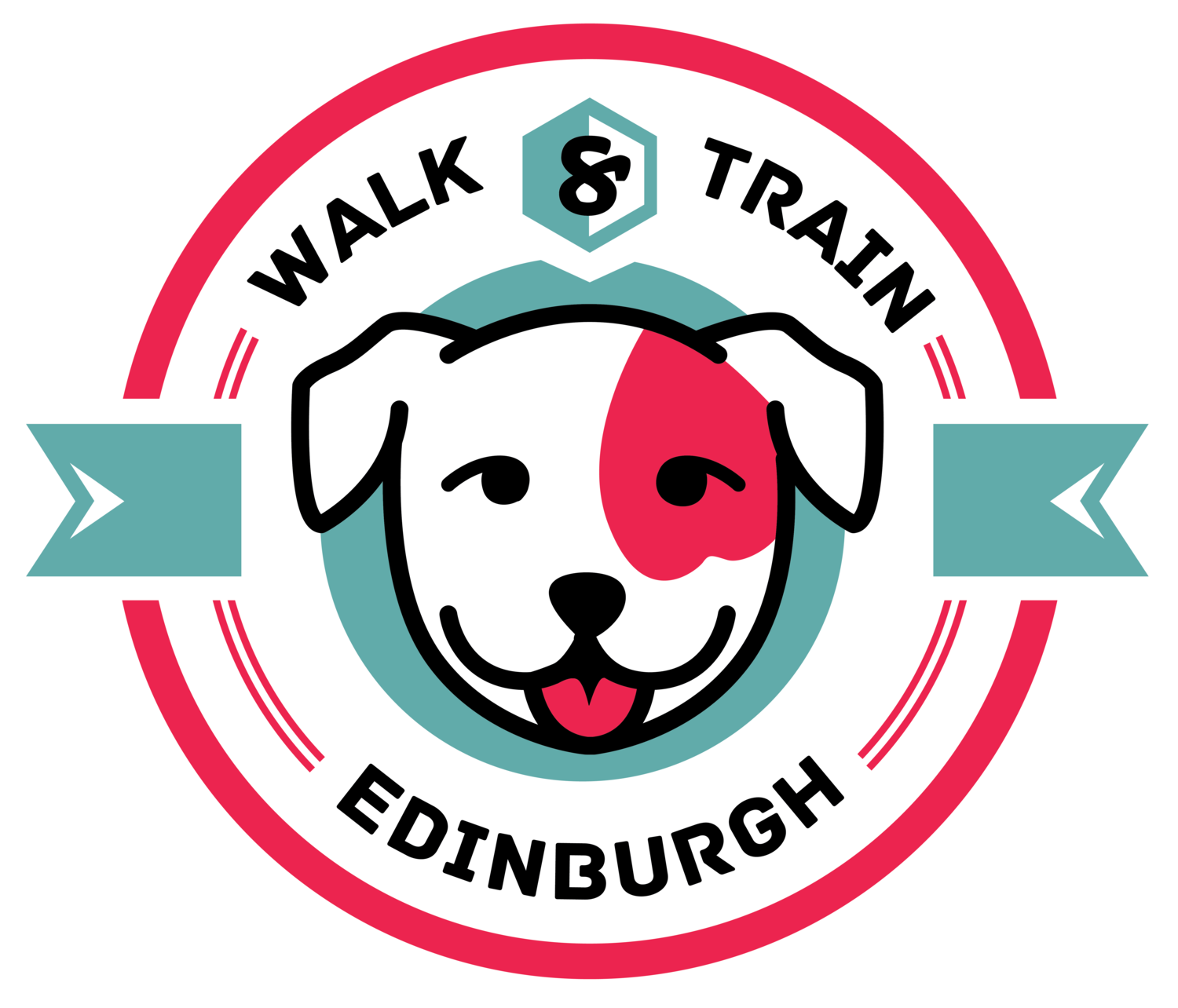Progress vs. Perfection
City training with Fausto today! When we first got Fausto he was reactive towards anything that made him uncomfortable; dogs, people, bins, cats, plastic bags, leaves, the wind… He has with time learnt to tolerate the city environment and be non-reactive, but never enjoys it. Today we did loads of fun stuff outside The Bike Station while delivery vans came, loads of people and bikes past, and general noisy distractions. He was a little concerned about that big yellow bike but quickly got over it when he was allowed to check it out. He is a big guy with a sensitive soul. We worked on focused heeling and position changes. He loves obedience and his tail was going non-stop! Instead of just tolerating the space, he was happy and relaxed which is exactly what I wanted to achieve (except for when I made him hold a long down on the cold ground for a pic!).
Although it was long ago that he was tensed about these things, I am always cautious when working with him in a busy environment. In the city, the environment can change rapidly, and result in trigger stacking. This build up of stress can cause your dog to be over threshold in situations it usually wouldn’t. Acknowledging your dog’s limits is part of responsible dog ownership.
There is so much negative stigma associated with muzzles, and many of our clients are very reluctant to have their dog wear one. If your dog has been appropriately conditioned to wearing a muzzle, they shouldn’t mind having it on at all. If your dog has or has had serious behaviour problems, it is your responsibility to respect your dog’s needs and your environment. If you want to be able to push your dog’s training forward and bring it into new, challenging situations, even if you feel like the dog will do good, you always need to take safety first, Not muzzling your dog because “it doesn’t look nice” is not only irresponsible but also selfish.
Dog training is not about perfection, but about progress. Although dogs to some extent live in the moment, deeply rooted emotional problems can take a long time to change. The former idea has created an unhealthy expectation of the quick fix and immediate transformation of the dog. Changes in behaviour can usually be achieved quite fast, but to get to a point where the dog’s internal state has completely changed, so that no feedback from the handler is necessary, can take time. In some instances, you will also be working against the dog’s natural predisposition.
This is absolutely not to say that these changes cannot be achieved – we witness it time and time again with our long-term clients. The dog who has made the biggest change I have seen is our Fausto. He is not the same dog as we picked up 3 ½ years ago from the SSPCA. His progress has made all those behaviourists and trainers early on eat their words by getting to a point we were told would never be possible. However, it is so easy to start taking your dog’s new behaviour for granted and forget what a huge leap the dog has taken to get there.
Remember where your dog started, and where it is coming from, so that when you expose them to new situations, you do so in a way that respects your dog’s limits and will contribute to continued progress.
If you want to read more about stress build up, check out these blog posts:
http://connectwithyourk9.com/an-interesting-perspective-on-canine-aggression/
http://www.successjustclicks.com/trigger-stacking-but-hes-normally-fine/
http://poodle-power.tumblr.com/post/63541013530/stress-stacking-and-stress-endurance
To see how to muzzle condition a dog visit: https://www.youtube.com/watch?v=wOqf3NvUh5g
To read about the Muzzle Up project visit: http://muzzleupproject.com/

